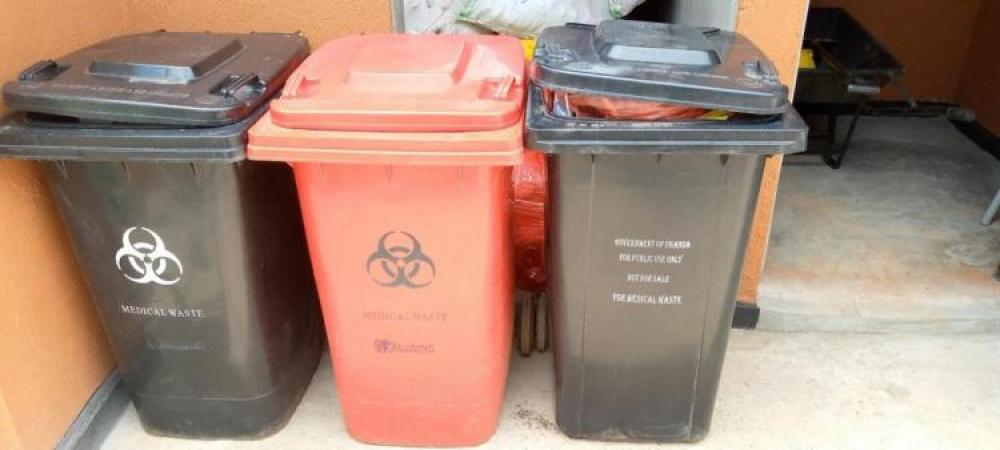Guryoung Ventures
Mastering Medical Waste Management: Best Practices for Healthcare Facilities
Briefing
Description :
Efficient medical waste management is crucial for maintaining safety, compliance, and environmental health in healthcare facilities. Proper disposal practices can minimize risks to healthcare workers, patients, and the environment. Here are some key strategies and best practices for managing medical waste effectively:
1. Reduce Waste at Its Source
Opt for Reusable Equipment: Shift from single-use items to reusable medical instruments that can be disinfected and sterilized.
Minimize Packaging: Procure supplies with minimal packaging to reduce unnecessary waste.
Optimize Medication Dispensing: Accurately calculate doses to prevent expired or unused medications from becoming waste.
2. Proper Segregation and Labeling
Color-Coded Waste Bins: Implement a clear, color-coded system for waste segregation—e.g., red bins for biohazard waste, yellow for trace chemotherapy waste, and black for bulk chemotherapy waste.
Distinct Containers: Separate sharps, pharmaceuticals, infectious waste, and general waste to avoid contamination and ensure safe disposal.
3. Manage Sharps Safely
Puncture-Resistant Containers: Use labeled, secure sharps containers for needles and other sharp items.
Timely Disposal: Regularly replace containers to avoid overfilling and ensure compliance with OSHA standards.
4. Implement On-Site Treatment Solutions
Autoclaving: Sterilize infectious waste to reduce its volume and hazard level.
Incineration: For highly hazardous materials, utilize approved incineration facilities with strict emission controls.
5. Train and Educate Staff
Regular Workshops: Conduct frequent training sessions on waste segregation, handling procedures, and biohazard safety.
Compliance Monitoring: Regular audits ensure adherence to waste management protocols, identifying gaps to address promptly.
6. Partner with Reputable Waste Disposal Services
Verify Compliance: Collaborate with licensed waste management companies that meet all federal and state regulations.
Track Disposal: Ensure proper documentation and tracking of all medical waste for transparency and compliance.
Tips for Success
Know the Rules: Familiarize yourself with both federal and state regulations, including EPA and OSHA guidelines.
Handle Hazardous Waste Correctly: Differentiate between regulated, infectious, and hazardous waste to avoid costly mistakes.
Store Waste Properly: Follow storage guidelines, including time and temperature requirements, to ensure safety and compliance.
By following these best practices, healthcare facilities can improve their waste management processes, reduce environmental impacts, and enhance workplace safety. Proper waste management isn’t just a legal requirement—it’s a critical step toward creating a safer, more sustainable future for all.





